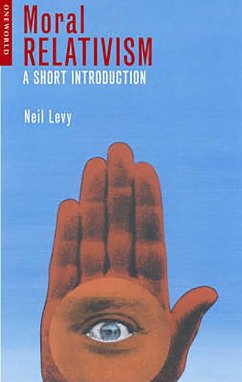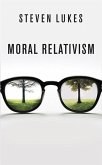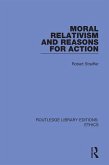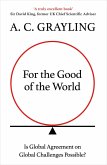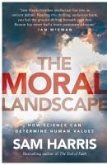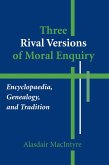A young man kills his sister to protect his family's honour. How could this be 'right'
These are just some of the questions tackled by Neil Levy in an incisive and elegant guide to the philosophy of moral relativism - the idea that concepts of 'rightness' and 'wrongness' vary from culture to culture, and that there is no such thing as an absolute moral code. Opening with a comprehensive definition of this controversial theory, the book examines all the arguments for and against moral relativism, from its implications for ethics to the role of human biology and the difficulty of separating cultural values from innate behaviour
Dieser Download kann aus rechtlichen Gründen nur mit Rechnungsadresse in A, B, BG, CY, CZ, D, DK, EW, E, FIN, F, GR, HR, H, I, LT, L, LR, M, NL, PL, P, R, S, SLO, SK ausgeliefert werden.

